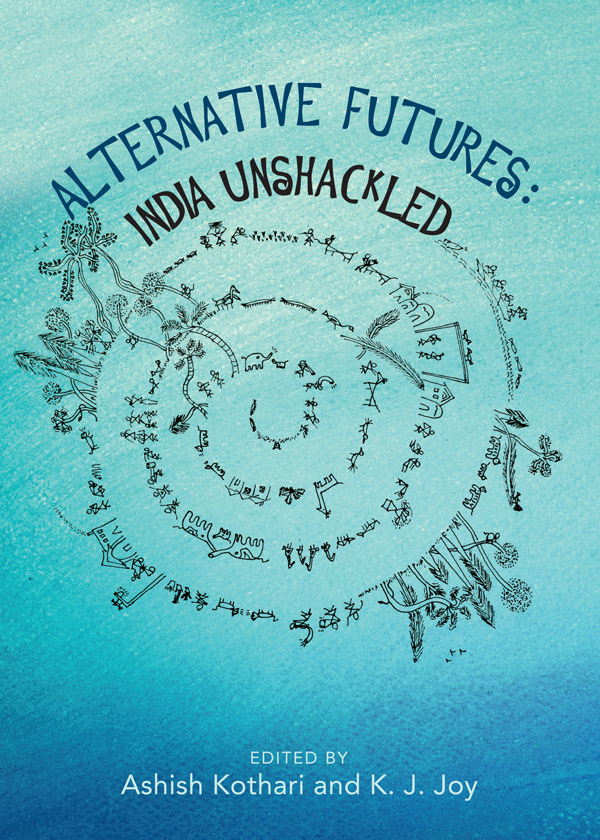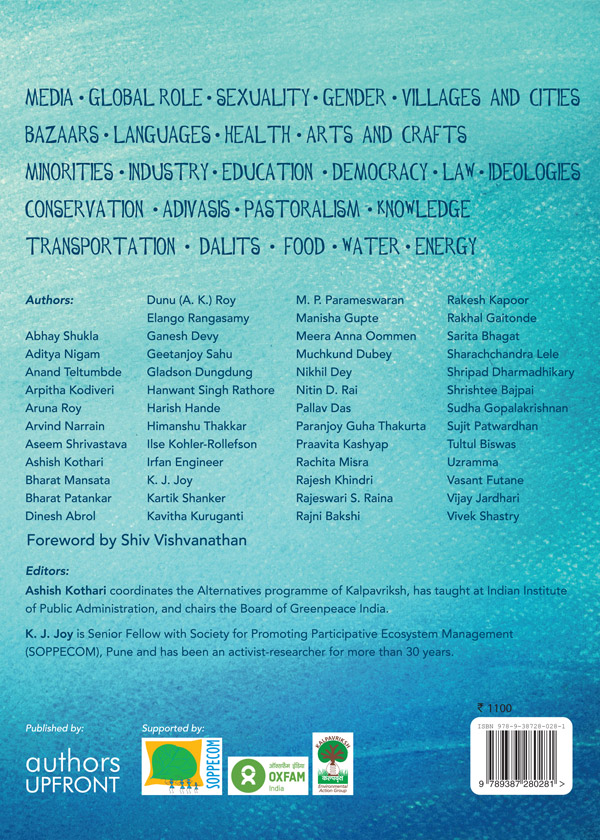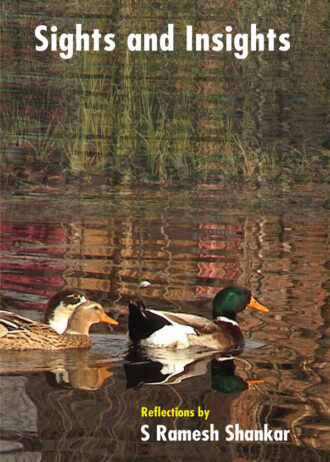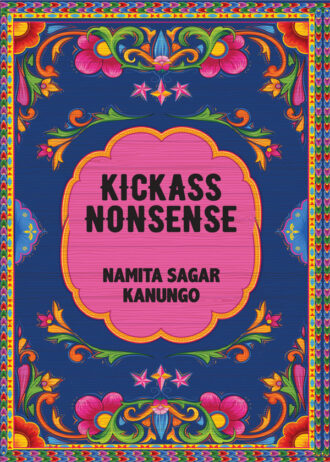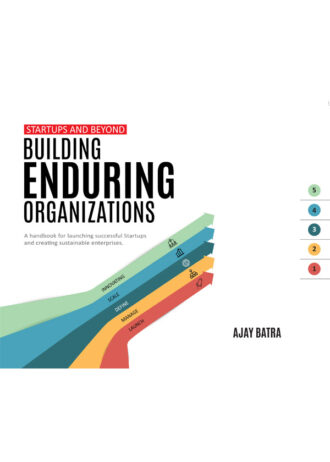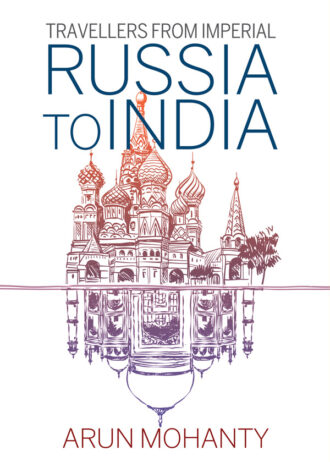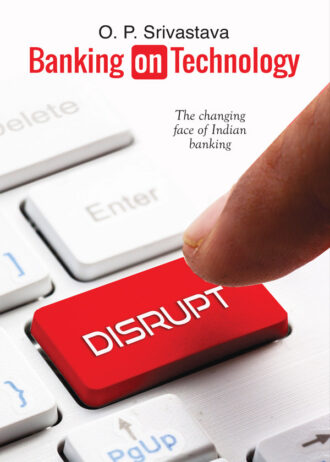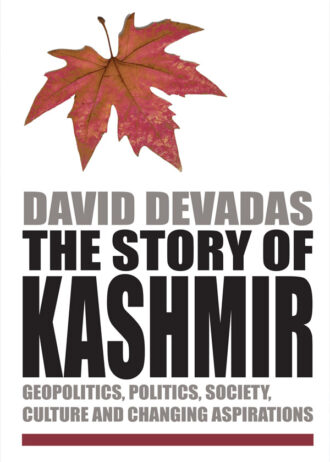A remarkable, first-ever collection of 35 essays on India’s future, by a diverse set of authors – activists, researchers, media practitioners, those who have influenced policies and those working at the grassroots. This book brings together scenarios of an India that is politically and socially egalitarian, radically democratic, ecologically sustainable and economically equitable, and socio-culturally diverse and harmonious.
The book covers a wide range of issues, organized under four sections. It explores ecological futures including environmental governance, biodiversity conservation, water and energy. Next, it envisions political futures including those of democracy and power, law, ideology, and India’s role in the globe. A number of essays then look at economic futures, including agriculture, pastoralism, industry, crafts, villages and cities, localization, markets, transportation and technology. Finally, it explores socio-cultural futures, encompassing languages, learning and education, knowledge, health, sexuality and gender, and marginalized sections like dalits, adivasis, and religious minorities.
Introductory and concluding essays tie these diverse visions together. Most essays include both futuristic scenarios and present initiatives that demonstrate the possibility of such futures.
At a time when India faces increasing polarization along parochial, physical and mental boundaries, these essays provide a breath of fresh air and hope in the grounded possibilities for an alternative, decentralized, eco-culturally centred future. The essays range from the dreamy-eyed to the hard-headed, from the provocative to the gently persuasive.
This book would hold appeal for a wide range of readers – youth, academics, development professionals, policy makers, government officials, activists, people’s movements, media persons, business persons – concerned about the current state of India and the world, and willing to engage critically in the collective search for a better future.

